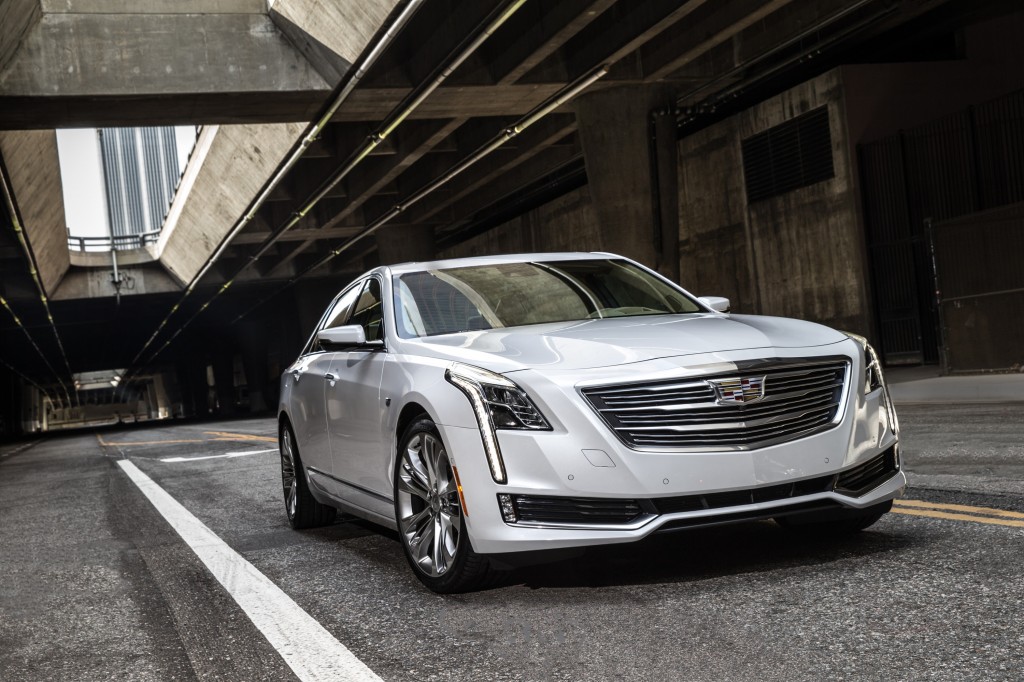Thanks to aggressive government promotion, electric cars in China get not only purchase incentives, but also other types of incentives in many cases.
In certain cities, they aren't subject to restrictions placed on internal-combustion cars that limit how many can be registered, and when they can be driven.
But those rules are only enforceable if authorities can keep track of which cars on the road are electric.
DON'T MISS: China tweaks electric-car plans to reward success, reduce fraud
Now China's Traffic Management Bureau has designed a special license plate for "new energy vehicles"—a category that includes battery-electric, plug-in hybrid, and hydrogen fuel-cell cars.
The new license plates will be green instead of the standard blue, according to China Daily.
They will include a Chinese character representing the provincial region where they are issued, and a combination of seven numbers and letters instead of the usual six.

BYD e6 electric taxi in service in Shenzhen, China
Plates that differentiate "new-energy vehicles" are important because many local governments give them preferential treatment.
In Beijing, for example, these vehicles are exempt from rules banning most cars from the city center during certain days of the week.
These rules are meant not only to entice consumers to buy electric cars, but also to deal with the notorious air pollution in Chinese cities.
ALSO SEE: Who Sold The Most Plug-In Electric Cars In 2015? (It's Not Tesla Or Nissan)
China has also offered generous cash incentives on electric cars for years, a policy that only recently translated into increased sales.
Chinese plug-in car sales exploded from 61,984 in 2014 to 214,283 in 2015, according to the U.S. Department of Energy.
BYD alone sold 61,772 highway-capable battery-electric cars and plug-in hybrids—more than any automaker in the world.

2016 Cadillac CT6
However, Chinese sales figures typically include low-speed electric vehicles that wouldn't be road legal in the U.S.
China's lack of comprehensive charging infrastructure also means the many plug-in hybrids sold there may not actually get plugged in regularly.
MORE: All Those Plug-In Hybrid Models? They're For China, More Than The U.S.
At the same time, the government plans to begin reducing subsidies, before ending them altogether in 2021.
It may instead redirect funds toward research into relevant technologies like batteries, and try to stimulate the market with large fleet purchases for its own agencies.
[hat tip: Brian Henderson]
_______________________________________________












